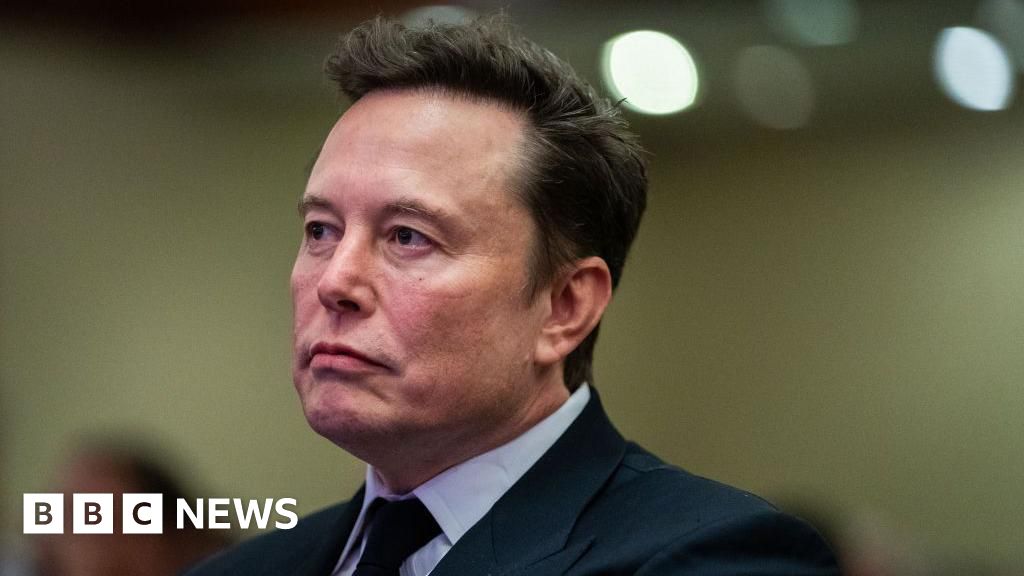A Tesla shareholder vote on the payment passed by 75% in June, but the judge did not agree the pay should be so large despite what she called Tesla’s lawyers’ “creative” arguments.
“Even if a stockholder vote could have a ratifying effect, it could not do so here,” she wrote in her opinion.
The judge also ruled the Tesla shareholder who brought the case against the company and Mr Musk should receive $345m in fees but not the $5.6bn in Tesla shares they had asked for.
Some observers said a ruling in favour of Mr Musk and Tesla would have dealt a blow to conflict of interest laws in Delaware.
The idea of conflict rules is to protect all investors, not just minority investors, said Charles Elson of the University of Delaware’s Weinberg Center for Corporate Governance.
Mr Elson said Judge McCormick’s opinion was well-reasoned.
“You had a board that wasn’t independent, a process that was dominated by the chief executive, and a package that was way out of any sort of reasonable bounds,” he said. “It’s quite a combo.”
Mr Elson said he expects Tesla might try to reconstitute a similar pay package in Texas where the company moved its legal base earlier this year after the pay ruling.

